"In which [ways do] religious beliefs, practices, and community support help turn the hearts of fathers to their children?
An interesting thought to ponder as I seek to better understand God as my Heavenly Father, as I contemplate the effects of family of origin in my life, and decide how I will move forward in my own life. (An aside: I also have the blessing of watching my brother become a father this week, and remembering the joys of watching Scott love his children.)
I appreciate that Dollahite likens this dichotomy to Dickens' "it was the best of times, it was the worst of times..." which goes on to say "it was the age of wisdom, it was the age of foolishness, it was the epoch of belief..."
"for a substantial minority of Americans, religion is reportedly “the single most important influence in [life]... people who attend worship services more than once a week live 7.6 years longer than non attenders...Since religious involvement affects mental and physical health in measurable ways, might it not also affect relational health—particularly family relationships?" Dollahite works with the following beliefs" (a) a child is a gift from heaven, (b) fathers are accountable to God, and (c) fathering should reflect God and His attributes." Dollahite goes on to say "faith community involvement is more than nominal affiliation with a religious group or what some participants called “pew warming” (e.g., occasional attendance with minimal contribution to the faith community). [*interesting correlation to devotional thought--going through the motions...walking across the bridge with Jordan from the BYU devotional w/ Elder Jeffery R. Holland.]
And a few random thoughts:
"There’s a term in Judaism called tikkun olam. Loosely translated, it means to heal the world."
Regarding teaching children: "they teach us more than we teach them"
"Prayer in Arabic is called salah. What does salah mean? It means connection;
it is your time to connect with God."
A Challenge: "We need a vision of how to establish deep, generative, sacred relationships with our children and those of their generation, particularly
those who lack involved fathers."
"Faith points a different direction than [selfishness and “the world”]. Faith
gives you the patience to spend the time and the energy [your child needs] . . . and a lot of that is one-on-one time. Faith drives you to be involved [with your child] and [to] live outside yourself, to live beyond yourself.
In other words, faith turns the heart of the father to his child."
What do you think? What role do religious belief, practices & community involvement have in turning the hearts of the children to their fathers?
Tuesday, January 13, 2009
'Turning the Hearts of the Fathers to the Children..."
Posted by Ashley at 12:34 PM
Subscribe to:
Post Comments (Atom)


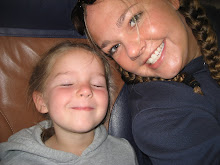
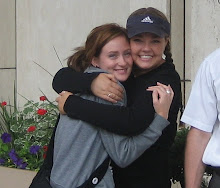
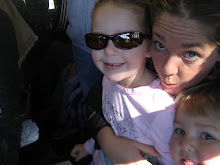


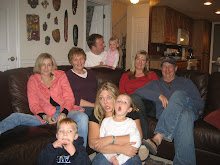

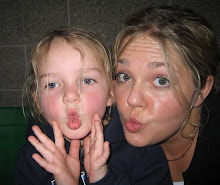


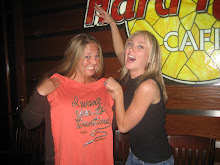
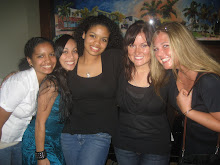



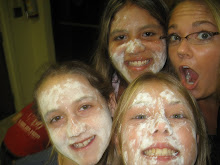

1 comments:
Post a Comment